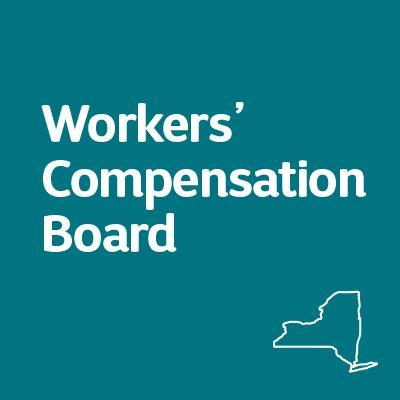CA Providers: Do Not Provide Additional Reports Without Payment

For California workers’ comp providers, reporting is an important (if sometimes burdensome) requirement. Documentation is everything, hence the requirements for reports like the Doctor’s First Report of Occupational Injury or Illness (Form 5021) and the Treating Physician’s Progress Report (Form PR-2).
That said, it’s important to note that providers only need to submit these reports to the claims administrator or the claims administrator’s designee. No law or regulation requires providers to send extra reports to attorneys or other parties without compensation.
California Labor Code Section 9785 details the reporting duties of Primary Treating Physicians.
Those duties are extensive, and can be a real hassle. However, accurate billing and payment depends on thorough reporting. To ensure proper reimbursement, providers must fulfill the state-mandated reporting requirements.
But as burdensome as these requirements can be, the regulation is clear about one thing: the claims administrator (or their designee) is the only party to which the provider owes reports. CCR §9785(c) states (emphasis ours):
The primary treating physician, or a physician designated by the primary treating physician, shall make reports to the claims administrator as required in this section. A primary treating physician has fulfilled his or her reporting duties under this section by sending one copy of a required report to the claims administrator. A claims administrator may designate any person or entity to be the recipient of its copy of the required report.
Note also that the regulation specifies that only one copy of a given report is required. Any party seeking additional reports (including the claims administrator) has no legal power to compel the provider to issue more reports than the regulation stipulates.
Know the Rules
Interestingly, a recent study commissioned by the Division of Workers’ Compensation (DWC) concluded that providers spend too much time on excessive reporting, for less-than-adequate compensation.
An overhaul of the reporting process is reportedly in the works, but for now at least, providers must navigate reporting requirements as they are.
If an attorney or other party demands additional reports, the provider should refer them to the claims administrator. If the claims administrator requests additional copies of a report for their own office or for other parties, the provider may provide them at their own discretion — and bill for those reports accordingly.
The rules are complicated. Workers’ comp is a mess, and that’s why DaisyBill created our Billing Software: so you can bill quickly, confidently, and accurately. Schedule a free demonstration, and see what DaisyBill can do for your office.
REQUEST DEMO
DaisyBill provides content as an insightful service to its readers and clients. It does not offer legal advice and cannot guarantee the accuracy or suitability of its content for a particular purpose.





.gif)